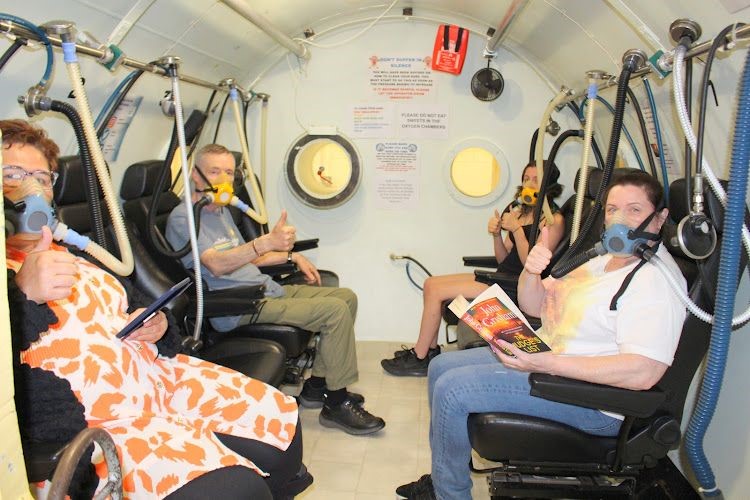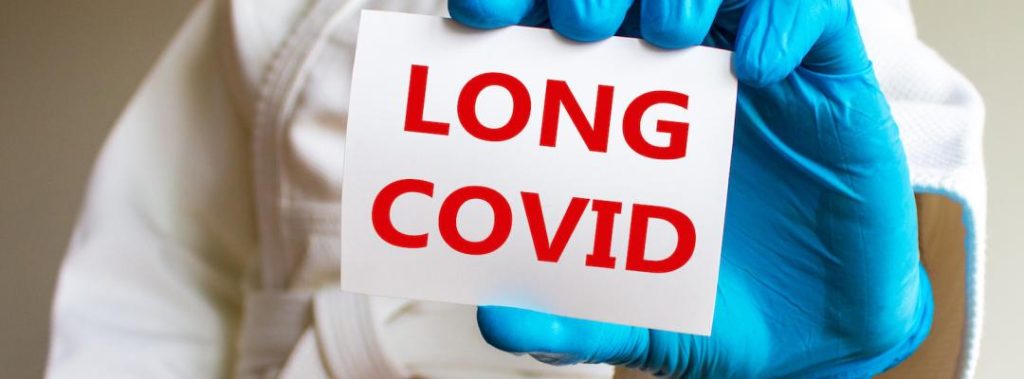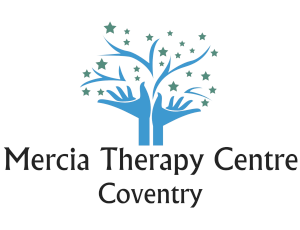Oxygen Therapy
Oxygen is essential to every one of the tissues in the body and any tissue injury requires oxygen for healing. Research at the University of Dundee has shown that, in the inflammation that is typical of MS, the transport of oxygen is severely limited by tissue swelling.
The body normally heals itself using oxygen from the air – giving additional oxygen extends the body's ability to heal and can limit some of the damage which the disease causes. This is because breathing oxygen under pressure causes the dilated and leaky blood vessels in MS to constrict back to normal size and reduces the swelling, due to fluid gathering, which can lead to cells dying. At the same time, more oxygen is delivered to the bloodstream so increasing the amount available to help undertake repair.
The aim, therefore, of oxygen treatment in MS is to minimise the amount of damage being caused, promote rapid healing and limit scar formation, which can prevent nerve function being restored. It is best to start treatment early after diagnosis, as soon as symptoms become apparent. Although many people report improvements in their symptoms, oxygen therapy is not a cure for MS. Oxygen therapy is available at the centre Monday to Friday.
Oxygen therapy is also widely used for the treatment of many other conditions including cerebral palsy, autism, stroke, fibromyalgia, ME, cancer, brain injury and CFS. Please contact us if you would like to find out more about whether or not oxygen therapy can help you.
In recent years professional and amateur sports teams have started using Oxygen therapy to treat sports injuries, the benefits are:
- Increased supply of oxygen to injured areas, resulting in quicker healing of tissues, ligaments and fractures.
- Reduction in swelling and pain.
- Prevention of hypoxia of the traumatised tissues.
- Enhanced ability of white blood cells to kill bacteria and prevent infection.
- Reduction of scar tissue formation.
- Helps you return to your sport sooner.

Long Covid
Most people with coronavirus (COVID-19) make a full recovery within approximately 12 weeks. However, for some people, their symptoms can last much longer. This is called long COVID or post COVID-19 syndrome, a condition which is still being studied to this day.
The most common symptom reported is extreme fatigue, shortness of breath, muscle aches and loss of smell, however other symptoms such as problems with memory and concentration ("brain fog"), chest pain and difficulty sleeping are just as common.
An oxygen experiment in December 2020 was designed to see whether it could be effective for COVID-related brain issues such as tissue damage and shrinkage. The study showed that patients who received a course of regular, administered oxygen treatment experienced substantial improvements in damaged brain tissue and functional cognition as opposed to those in the trial who received normal air.
To date, more than £50 million of government funding has been invested in long COVID research projects. The bulk of this (£39.2 million) has been awarded to 19 projects commissioned through two dedicated calls for long COVID research.
These studies investigate symptoms and explore whether NHS services, such as long COVID clinics, meet people’s needs, and look at what people can do to optimise their own recovery such as accessing Oxygen therapy which we provide at the Mercia MS Therapy centre.
Please get in touch for more details to enquire if Oxygen Therapy could benefit your recovery from long covid.

